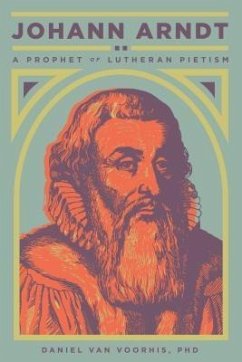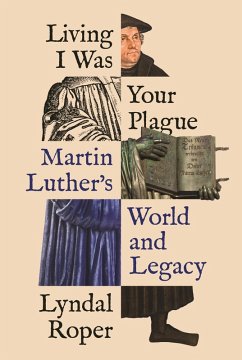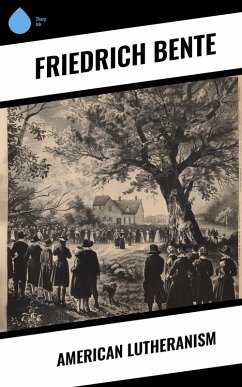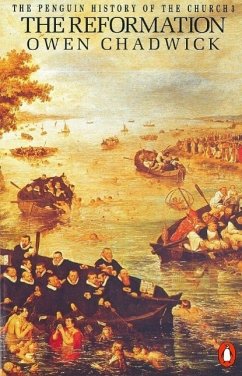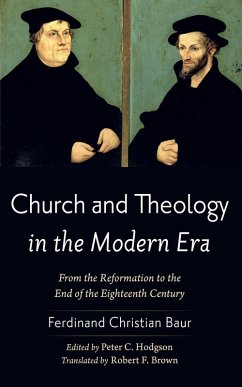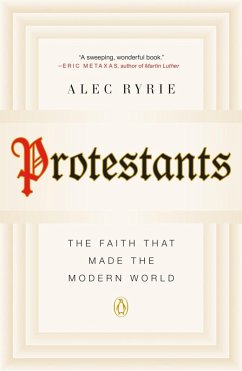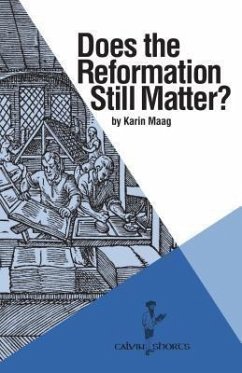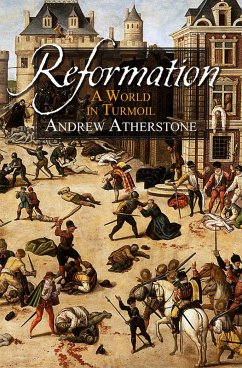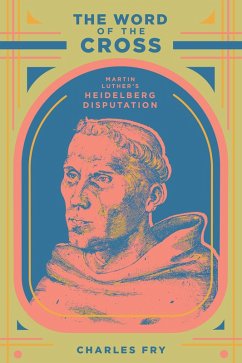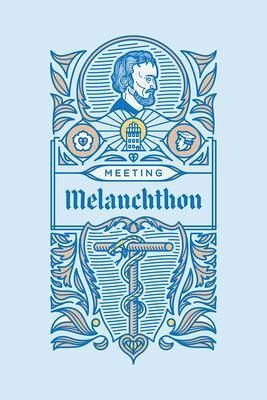
Meeting Melanchthon (eBook, ePUB)
A Brief Biographical Sketch of Philip Melanchthon and a Few Samples of His Writing

PAYBACK Punkte
2 °P sammeln!
Most scholars consider Melanchthon to be a Reformation enigma. He, the developer of the Reformation doctrine of forensic justification, is contrarily condemned as a synergist. Known well as the Protestant preceptor of Germany, he was Martin Luther's lifelong friend, colleague, teacher of Greek, and fellow reformer. Upon arriving at Wittenberg, Melanchthon was a theologian neither by trade nor by training. He was a classically trained expert in classical languages, neo-Latin poet, textbook author, Greek scholar, humanist, and above all, an educatorThough he was offered a doctorate on several oc...
Most scholars consider Melanchthon to be a Reformation enigma. He, the developer of the Reformation doctrine of forensic justification, is contrarily condemned as a synergist. Known well as the Protestant preceptor of Germany, he was Martin Luther's lifelong friend, colleague, teacher of Greek, and fellow reformer. Upon arriving at Wittenberg, Melanchthon was a theologian neither by trade nor by training. He was a classically trained expert in classical languages, neo-Latin poet, textbook author, Greek scholar, humanist, and above all, an educator
Though he was offered a doctorate on several occasions, he was not a doctor of theology. Yet his influence on the protestant reformation of the 16th century is profound, both through the Loci Communes (the first Lutheran systematic theology) and the Augsburg Confession both of which came from his pen.
Dr. Scott Keith, who has spent much time studying and translating this great reformer, has written this short biography by way of introduction. Also, Melanchthon speaks for himself in fresh translations of his work.
Though he was offered a doctorate on several occasions, he was not a doctor of theology. Yet his influence on the protestant reformation of the 16th century is profound, both through the Loci Communes (the first Lutheran systematic theology) and the Augsburg Confession both of which came from his pen.
Dr. Scott Keith, who has spent much time studying and translating this great reformer, has written this short biography by way of introduction. Also, Melanchthon speaks for himself in fresh translations of his work.
Dieser Download kann aus rechtlichen Gründen nur mit Rechnungsadresse in A, D ausgeliefert werden.




